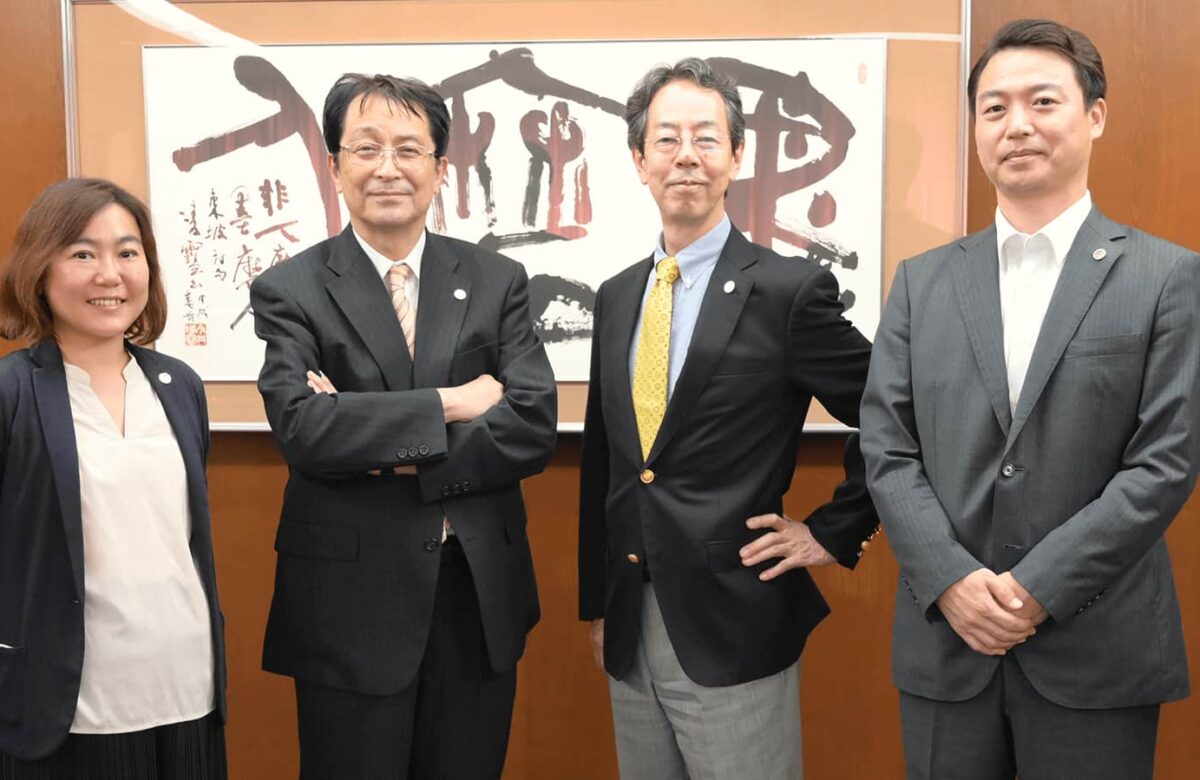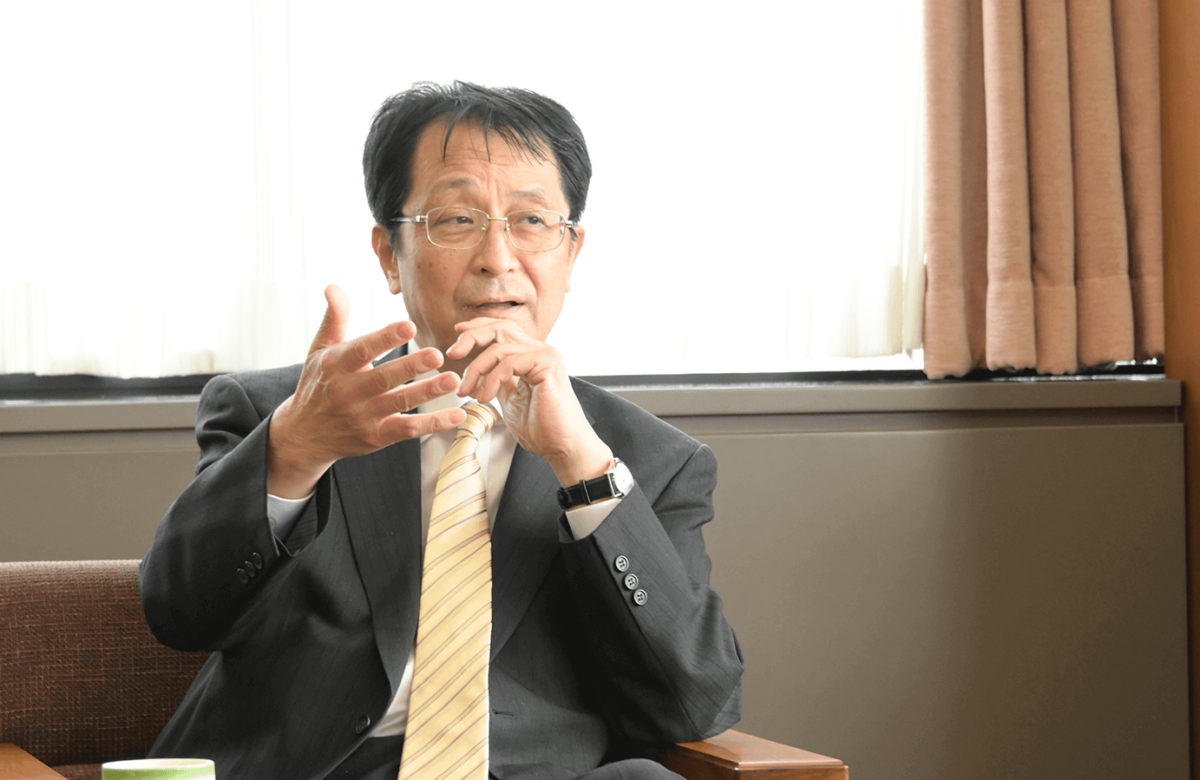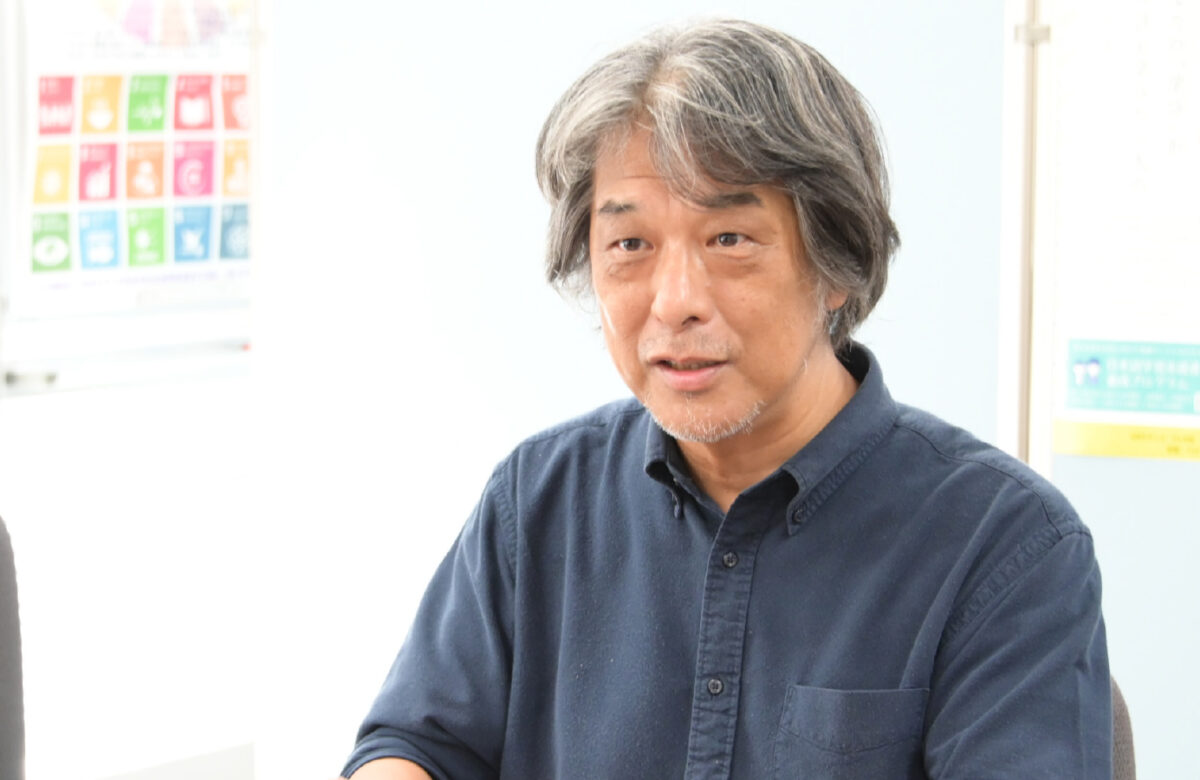Eliminating the Language Barrier in Research
How the University of Tsukuba is changing the way we share groundbreaking knowledge
- InterviewArticleUniversity
- February 1, 2021
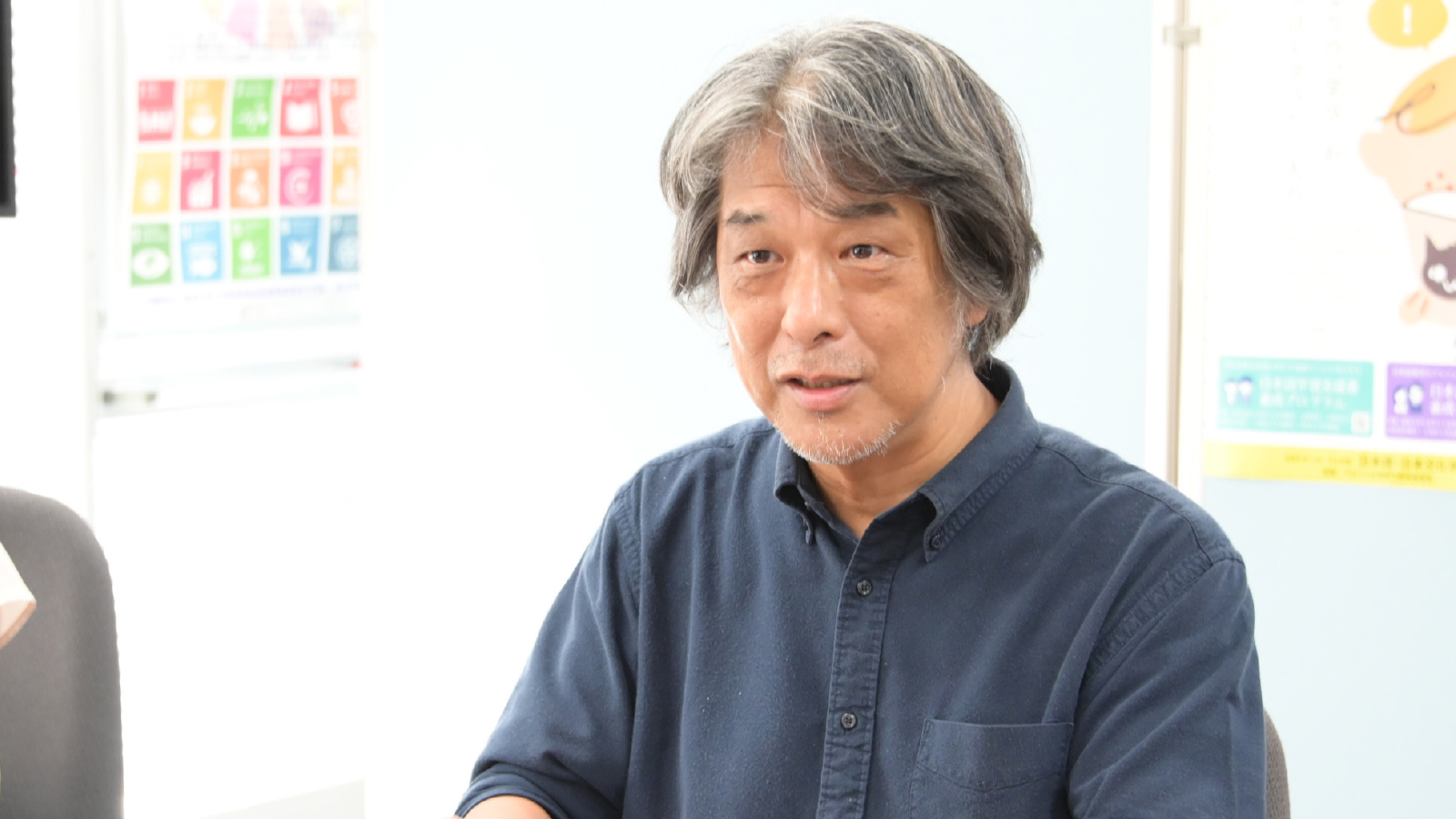
To what extent can the Open Research Publishing Gateway—which allows publication in Japanese and English—address gaps in research evaluation in the field of humanities and social sciences? Subaro Aoki, a linguist and Director of Humanities and Social Sciences at the University of Tsukuba, states that this publishing model does not address just one problem. He feels that this model could change the way knowledge is shared.
When humanities and social sciences are not considered essential—How can we solve the problems of funding and evaluation in basic research?
Popular opinion right now is that humanities and social sciences studies are inessential disciplines. However, it’s not just these fields; even the natural and physical sciences are facing difficulties. In a nutshell, short-term, non-profitable research is facing a challenge.
The humanities and social sciences are similar to the natural sciences in that both seek to use long-term research to address fundamental questions, one dealing with human beings and society and the other with nature. Some applied research can secure a large budget, but much of basic research does not make money. Nowadays, research that is not commercially viable or which does not benefit society tangibly is not accepted.
Moreover, performance in the humanities and social sciences cannot be evaluated using the same yardstick as the natural sciences. While natural sciences can be evaluated using a research index (to some extent), the humanities and social sciences cannot. The latter will be found to be lacking and deemed irrelevant if measured using the same metrics. Research should be evaluated on the basis of its merits, not on its commercial viability. However, as with the university rankings, the current methods of researcher and university evaluation focus on the natural sciences and technology, and the humanities and social sciences are pushed to the fringes.
Humanities and social sciences researchers need to acknowledge this reality and change the way they present research. In this context, I think F1000Research is revolutionary because it provides a level playing field.
It’s time to innovate—F1000Research can become a new knowledge dissemination platform
The most interesting thing about F1000Research is that it is not a journal. It is a knowledge dissemination platform in a broad sense. Its model for knowledge dissemination differs from the conventional publishing approach and is the opposite of the traditional method seen in the humanities and social sciences.
Humanities and social sciences research is typically published as books, and merit is given to the number of book publications. There aren’t many humanities and social sciences journals of the caliber of Nature and Science. Most journals are produced on a small scale and have small readerships. Scientific findings are announced promptly and shared with a wide audience. Fellow researchers contribute to the body of research with follow-up studies, which lead to new technologies. This is the scale at which science research works. In the humanities and social sciences, however, researchers’ contributions are largely theoretical.
F1000Research, in contrast to the humanities and social sciences research model, does not aim to disseminate information in the short term. However, it does support the notion that anyone with an idea holds power. If you have that one groundbreaking idea, F1000Research allows you to disseminate it immediately by circumventing editorial and peer review. It is also indexed in the research database.
In the traditional model, readers subscribe to papers from a trusted journal and authors submit to journals that meet their requirements. Each journal has its own rules, conventions, and brand value. Papers “that suit their brand” are accepted while those that don’t are rejected at the screening stage.
F1000Research, however, encourages all types of submissions and screening is eliminated. It aims to share knowledge that traverses the boundaries of geography, language, and disciplines. Researchers have no choice but to compete in the quality of their work. Here, a paper is not considered important because it is selected by an entity but because it is evaluated positively. It is the reader who evaluates it, not the journal, and because it is open access, the reader can be anyone, not necessarily a researcher.

Make the English-first principle a relic of the past; auto-translation can eliminate the language barrier
Natural sciences researchers tend to publish their findings in English. The value of any research is determined by its publication in an international journal. This standard is being applied across disciplines, putting humanities researchers at a major disadvantage. Most humanities papers from Japanese researchers are written in Japanese.
Researchers of Japanese history, culture, and classics write papers in Japanese and even teach international students to write in Japanese. Some researchers of Japanese culture now believe that research on this subject must be written in English in order to make it accessible to the world. F1000Research is offering an alternative by allowing them to publish in Japanese. They aim to deliver high-quality content, regardless of language.
Auto-translation has made significant progress in recent years; papers can be translated instantly and with considerable accuracy. Since I specialize in French linguistics, I write in French— but my research lab has students from various countries such as Nepal, Vietnam, China, and the United States, who write reports in their native language. For example, I let Vietnamese students write in Vietnamese so that they can convey ideas as clearly as possible, as opposed to writing in English, which they may be unfamiliar with. I use software to translate the content to Japanese, verifying with them if I understood the intended meaning, and give suggestions in English.
The language barrier will eventually be eliminated. Authors will be able to write in the language they are comfortable with. F1000Research will allow papers in Japanese to catch the attention of people who cannot read Japanese (provided the abstracts and keywords are published in English), and people will be able to understand the research using auto-translation.
The idea, not the language it is conveyed in, is important. I do not know if F1000Research shares this vision, but having an auto-translation mechanism that allows authors to submit papers in any language and readers to read in the language of their choice is a game-changer.
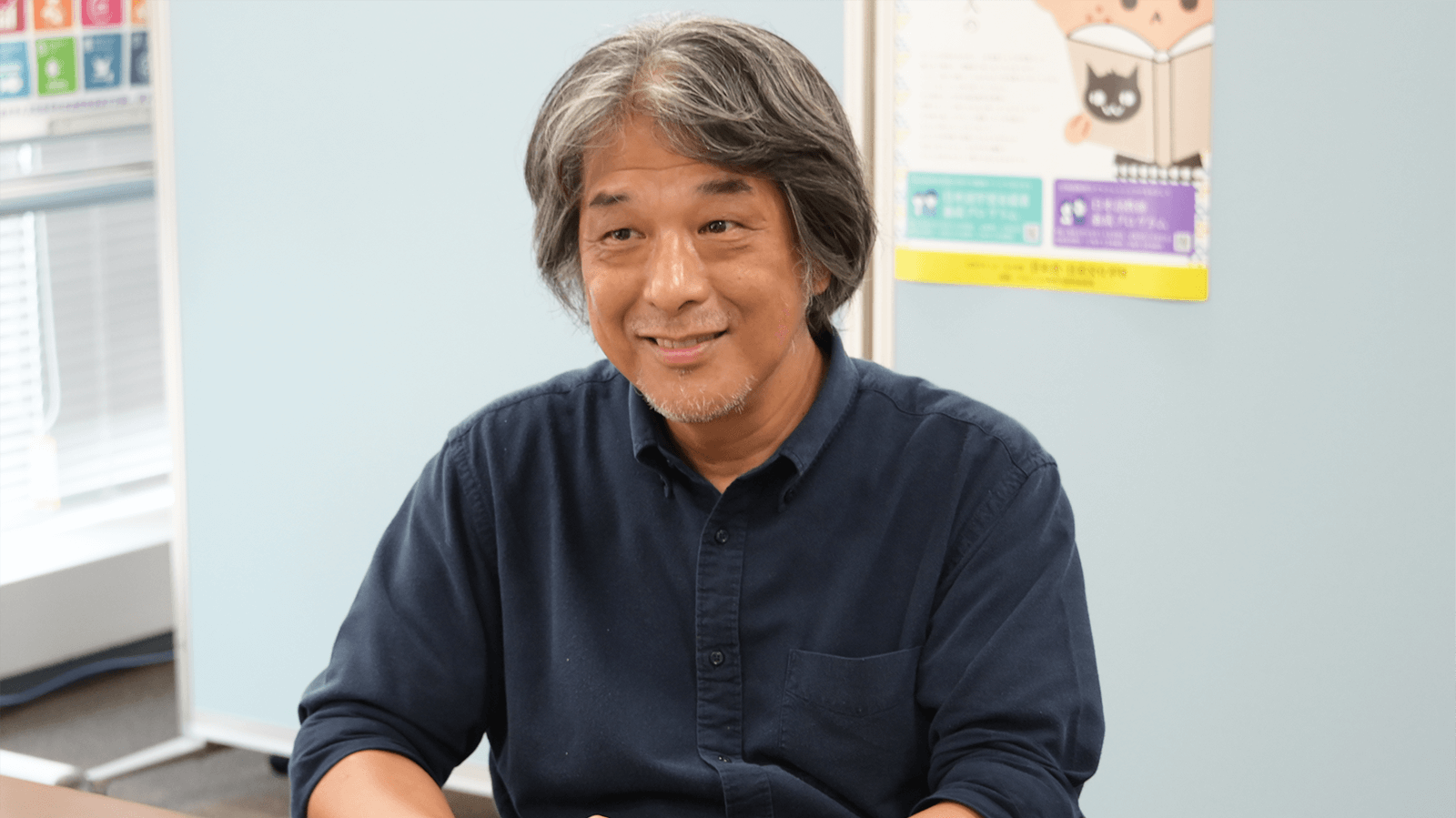
The platform is just a receptacle; it is the researcher’s responsibility to ensure the quality of content and create value
Only time will tell if the concept of F1000Research really works. The quality of submitted papers will determine how successful the platform is. If people use F1000Research to publish the kind of papers they would have submitted to a university bulletin, we can’t deem it a success. Persuading researchers to buy into our vision and change their behavior is a formidable challenge. Therefore, the success of this platform depends on the researchers who use it.
The platform is just a receptacle. The researchers and their research is what brings value to the platform. F1000Research offers a high degree of flexibility, which could determine the scale of success the platform meets. As a university, we should first gradually increase the number of users and make sure they experience the advantages offered by the platform. Those using this platform will eventually become researchers teaching outside the university and help spread the word about the platform and we can share our results with other universities. I hope that eventually this will completely change the way we share knowledge.
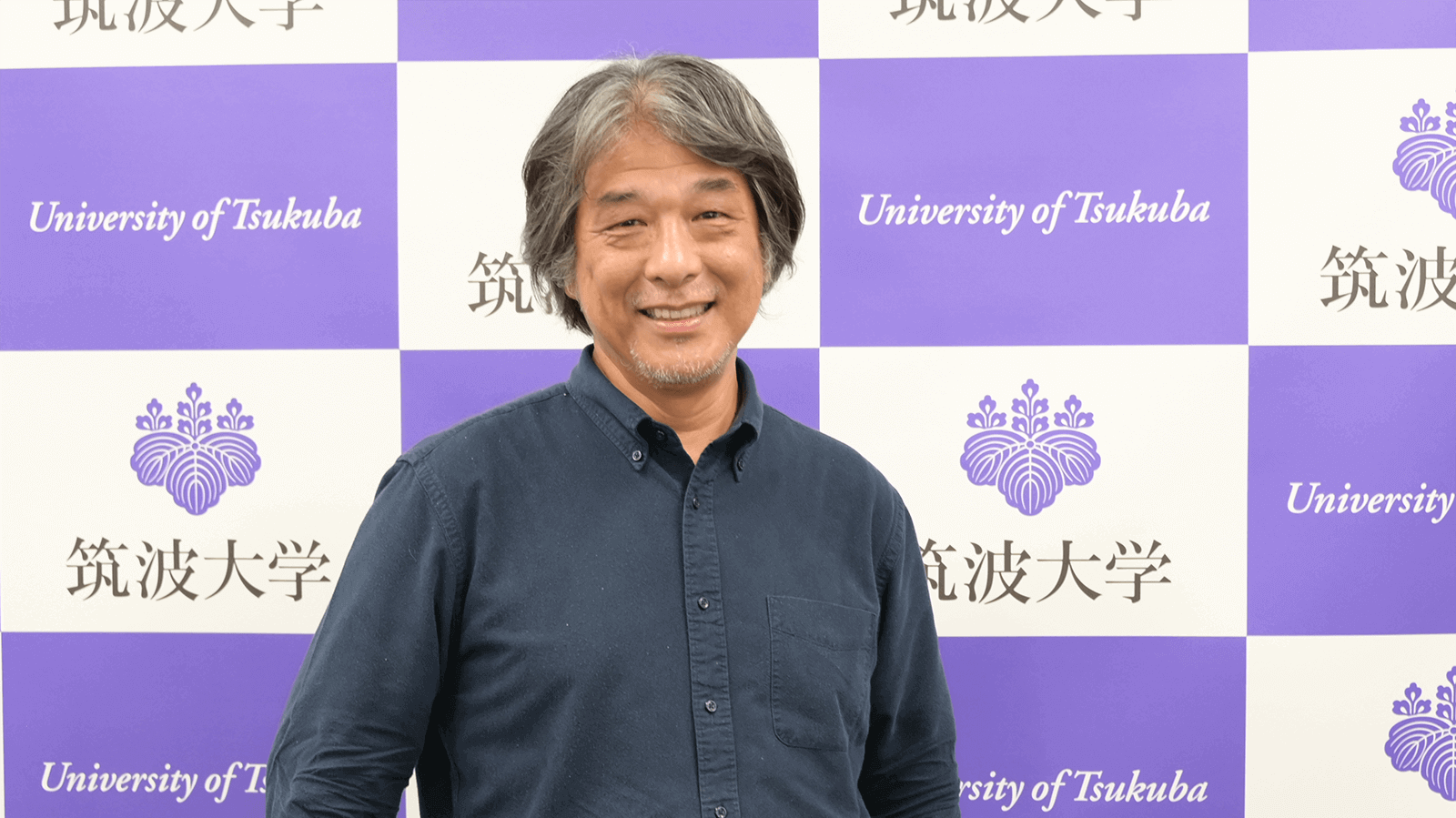
SABURO AOKI
Saburo Aoki is Director of Humanities and Social Science at University of Tsukuba and heads the Bachelor’s Program in Global Issues at the university. He specialized in linguistics, French, and semantics. After graduating from the Department of Linguistics, Faculty of Literature, Besancon University, France, he obtained a doctorate in linguistics from Paris Diderot University in 1987.
This article is a part of ScienceTalks Magazine issue Welcome to the New Era of Open Publication.


